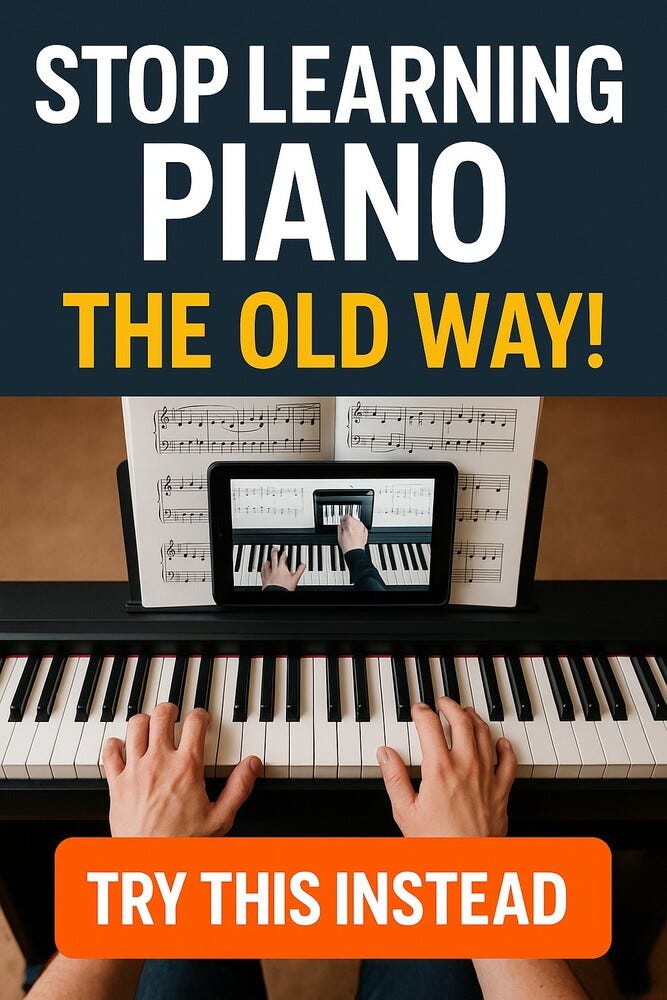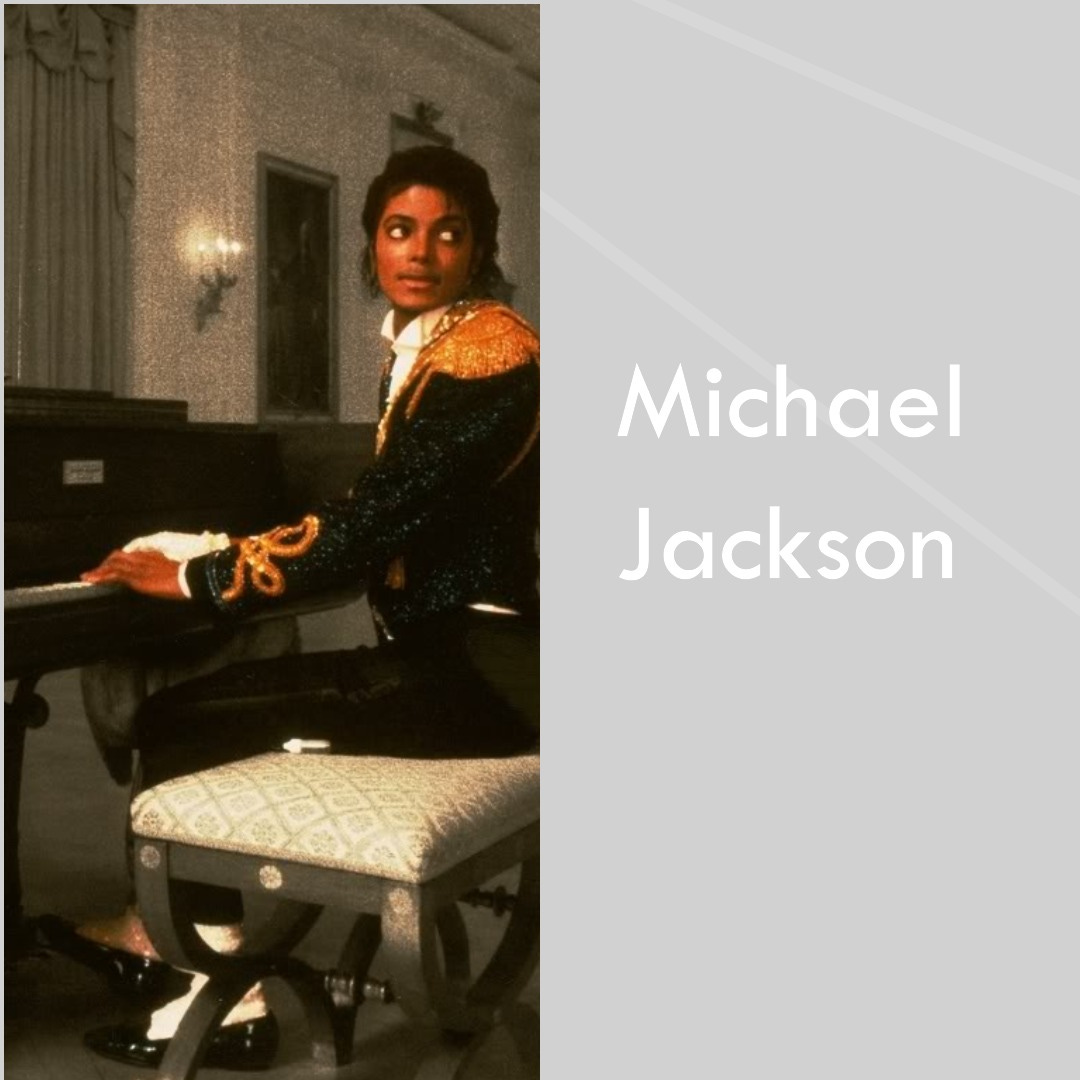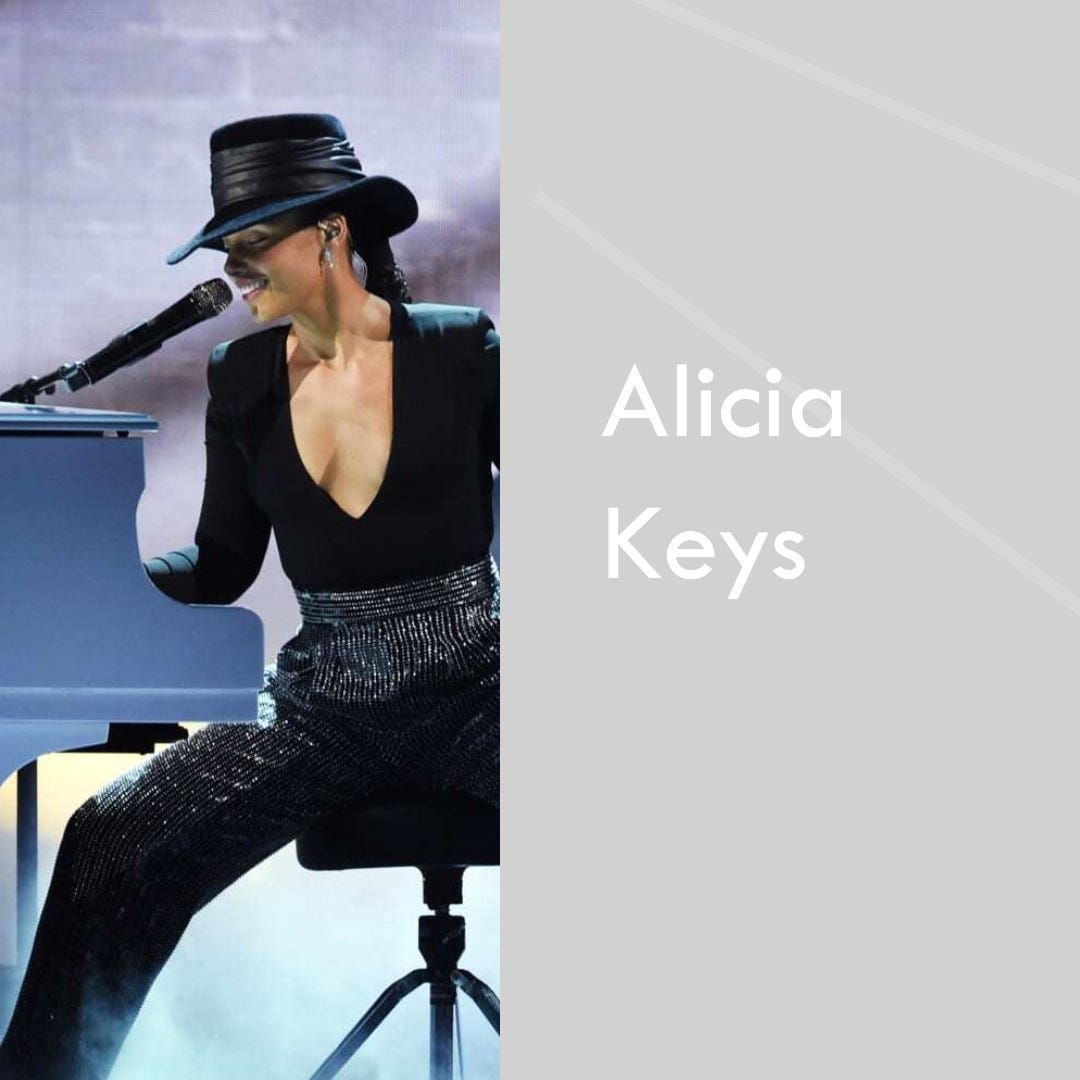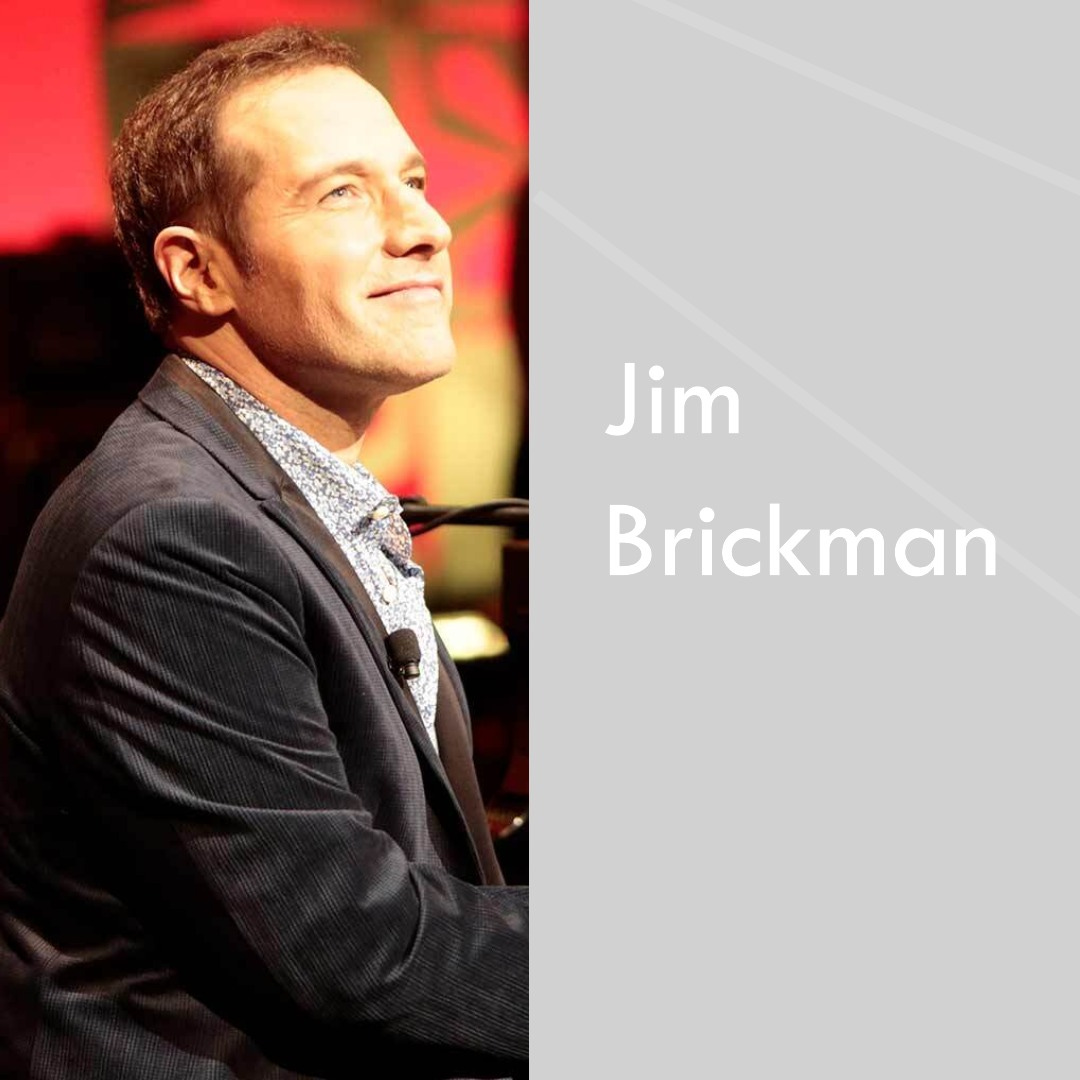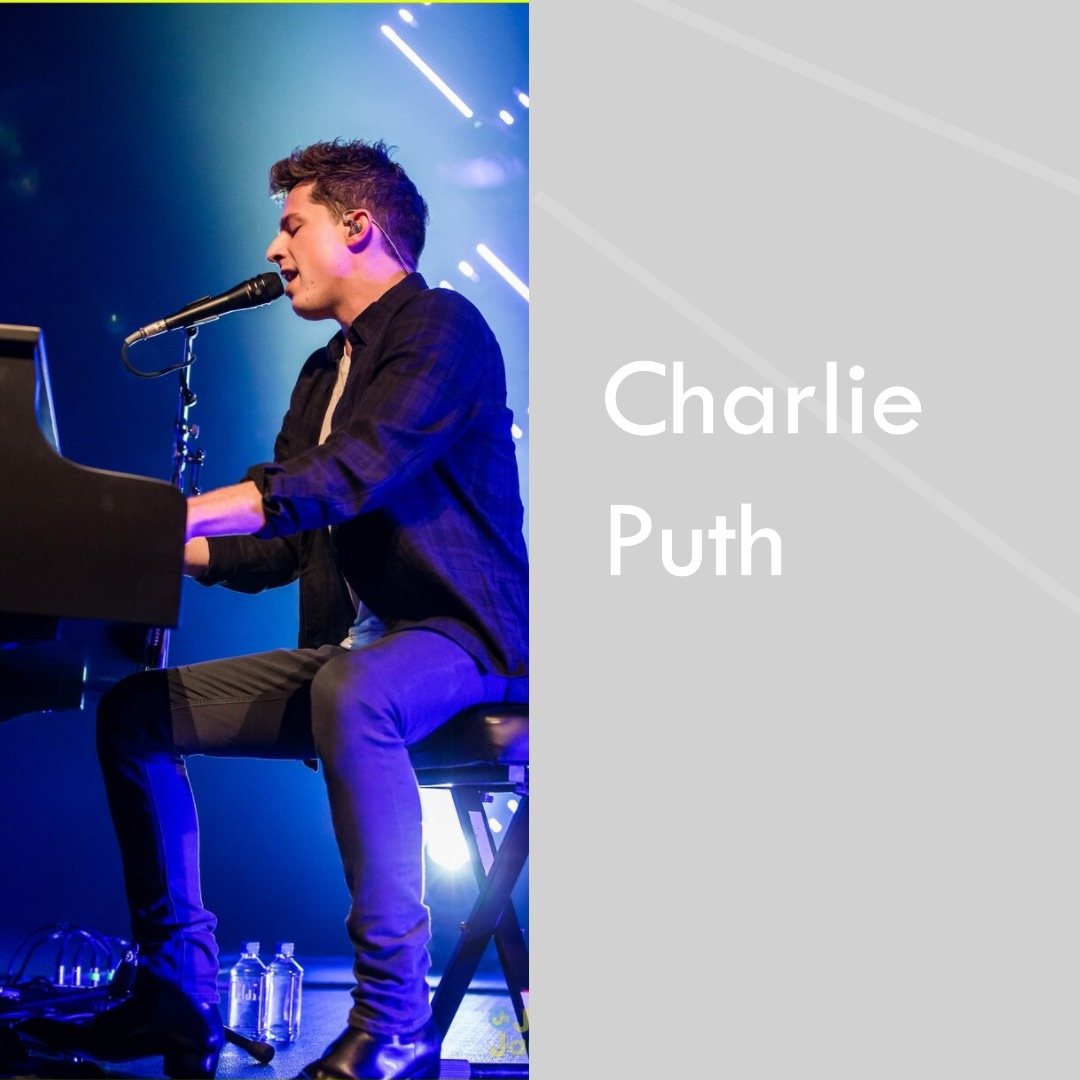11 Legendary Self-Taught Pianists Who Redefined Music
Music is often considered a divine gift, an inherent talent one is simply born with. Yet some of history's most iconic pianists developed their skills not in the halls of prestigious conservatories...
…but through sheer will, perseverance and of course, hours upon hours of practice. Though they lacked formal training, their passion and dedication to their craft allowed them to create new styles, break musical boundaries and inspire generations.
Here we will explore 11 of the most famous self-taught pianists who redefined music with their unique approaches and unconventional techniques. Despite their diverse backgrounds and influences, they all shared an insatiable curiosity to experiment with and push the limits of the piano.
1. Frederic Chopin - Poland's Romantic Poet
According to the book: Chopin in Paris: The Life and Times of the Romantic Composer By Tad Szulc, the author writes:
Before long, his mother started teaching him, too, but Fryderyk mastered the instrument so rapidly that before he turned six, he could play every melody he had ever heard, and began to improvise. He had essentially learned the piano by himself, including harmonizing melodies with simple chords, but his parents concluded that henceforth he should be taught music seriously and systematically.
Frederic Chopin demonstrated musical giftedness early, learning piano basics from his mother before he turned 6. But he was largely self-taught, figuring out harmonies and improvising his own melodies.
Nonetheless, his parents decided to hire a teacher for Chopin. His teacher Wojciech Zywny wisely nurtured Chopin's unique style rather than imposing rigid methods.
Wojciech Zywny’s greatest contribution to the history of music was that he recognized that he was in the presence of genius and did not attempt to improve on it. Instead, he simply guided and helped it.
From then on, Chopin developed a free-flowing pianistic approach that rejected convention. His compositions like the Fantaisie-Impromptu and Ocean Etude evoke stirring moods and emotions.
Works like his 24 Preludes pay homage to Bach's mastery of counterpoint. But overall Chopin channeled Poland's culture and history into a poetic piano style all his own. His innovations in using rubato tempo changes, pedaling and chromatic harmony cemented him as the poet of the piano.
2. Ray Charles - The Genius of Soul
Ray Charles Robinson, known professionally as Ray Charles, overcame adversity and blindness at a young age to become one of the most influential musicians of all time. Though he studied classical piano, his real training came from listening to records and imitating the jazz and blues musicians he idolized.
This helped him develop his signature raw, emotive vocal style and genre-bending approach on the keys. Hits like "I Got a Woman" and "What I'd Say" incorporated blues, gospel and jazz, inventing what would become soul music.
3. Elton John - The Rocket Man
Reginald Dwight, better known as Elton John, began playing piano at age 3, mainly learning by figuring out his favorite songs by ear. After a stint in youth blues bands, he soon realized his talent for catchy pop melodies and dynamic showmanship.
This catapulted his fame in the 1970s as a glamorous pop piano man, with credits on over 30 gold or platinum albums. His enduring hits like "Your Song" and "Candle in the Wind" demonstrate his mastery of poignant ballads and bombastic arena rockers alike.
4. Michael Jackson - The King of Pop
Though he didn’t play the piano really good as he wasn’t an instrumentalist, Michael Jackson was primarily self-taught and insisted on composing his own material. He then skyrocketed to become the dominant cultural figure of the 1980s.
His unique vocal hiccups, along with his integration of the piano into dance tracks like "Billie Jean," created his innovative and widely imitated brand of pop. Jackson's music videos also ushered in the era of the "visual album" concept.
5. Tori Amos - The Fiery Redhead
With a rebellious streak against her classical piano upbringing, Tori Amos began playing by ear in 1980s piano bars. This freed her to pour raw emotion into solo alternative pop albums like "Little Earthquakes."
Her confessional lyrics, haunting vocals, and intricate piano arrangements on hits like "Silent All These Years" resonated with fans. She became one of the most influential female singer-songwriters of her generation.
6. Sviatoslav Richter - The Soviet Virtuoso
Russian pianist Sviatoslav Richter is considered one of the greatest pianists of the 20th century, renowned for his technical mastery and thoughtful interpretations. Largely self-taught from a young age, Richter devoured as many scores as he could access.
He developed an uncanny photographic memory that enabled him to perform hundreds of pieces from Rachmaninoff to Prokofiev. His improvisatory flair and individualistic approach gave even well-known works like Pictures at an Exhibition a fresh vitality.
Deeply private, Richter gave few interviews but let his music speak for itself in an extensive catalog of recordings. His artistry influenced generations and remains the standard for 20-century Russian piano.
7. Nobuo Uematsu - The Maestro of Video Game Music
Largely self-taught on piano and composing, Japanese musician Nobuo Uematsu's video game scores are beloved by fans worldwide. Best known for the Final Fantasy series, his music ranges from sweeping anthems like "One-Winged Angel" to nostalgic melodies like "Aerith's Theme."
Performed widely in concerts, Uematsu's compositions are integral to the emotional impact of interactive stories. He continues to push the bounds of game music with creative integration of diverse musical styles.
8. Alicia Keys - The Princess of Neo-Soul
Alicia Augello Cook, known as Alicia Keys, was drawn to the piano as a child through her love of classical legends like Beethoven. She then taught herself modern styles by transcribing hip-hop and R&B songs note-for-note.
Her mix of raw soul vocals with hip-hop production and piano riffs led to her breakthrough 2001 debut Songs in A Minor, which won five Grammys. Hits like "Fallin'" and "No One" cemented her as the pioneer of a fresh and relevant neo-soul style.
9. Jim Brickman - The Pop Classical Crooner
Though briefly trained in piano as a child, Jim Brickman focused mainly on recreating pop songs he heard on the radio. His fluid melodies and graceful piano arrangements earned him a reputation for romantic ballads in the 1990s and 2000s.
Hits like "Valentine" and "The Gift" also incorporated adult contemporary elements like strings and vocal collaborations. This launched his hugely successful fusing of pop piano with easy-listening charm.
10. Charlie Puth - The YouTube Prodigy
Charlie Puth began playing piano by ear at age 4, which led to a viral YouTube channel of pop song covers. This showcased his flexible vocals, skilled production, and fusion of pop, R&B, and jazz piano.
His breakout was the 2015 Wiz Khalifa hit "See You Again," which hit #1 by combining soulful hip-hop with rock piano riffs. Other hits like "We Don't Talk Anymore" feature his falsetto and piano solos. Puth represents a new generation of self-made pop pianists.
11. Jon Batiste - The Jazz Revivalist
Coming from a prominent New Orleans musical family, Jon Batiste immersed himself in jazz standards but resisted formal piano and composition training. His performance style melds genres, whether leading his band Stay Human or collaborating with artists from Stevie Wonder to Prince.
As musical director for The Late Show with Stephen Colbert, Batiste's joyful flair aims to revive interest in jazz and its roots. His 2021 album We Are earned honors including the Grammy for Album of the Year.
If you know any other self-taught famous pianist, please share it with us in the comments below.
Here are some interesting questions and answers related to famous pianists:
Q: What classical composer taught himself to play piano after his hearing deteriorated?
A: Ludwig van Beethoven continued composing and playing piano even after he lost his hearing. His determination led to immortal works like his emotive Moonlight Sonata.
Q: What New Orleans singer launched his music career by learning piano on an instrument damaged by floodwaters?
A: Fats Domino honed his signature boogie-woogie piano style on a damaged upright piano, leading to classics like "Blueberry Hill" and "Ain't That a Shame."
Q: What blind Puerto Rican pianist of salsa and Latin jazz taught himself not only piano but also multiple brass and percussion instruments?
A: Lester Raymond, known as Eddie Palmieri, brought his bold percussive piano improvisations to iconic groups like La Perfecta and has become one of the most awarded Latin musicians ever.
Q: What Harlem-born pianist said she taught herself "the way a bird learns to fly?"
A: Singer, dancer, and pianist Gertrude "Ma" Rainey developed a highly rhythmic blues piano style that impacted generations and earned her the nickname "Mother of the Blues."
Q: What Jamaican singer-songwriter's emotionally resonant voice and piano ballads made her the top female R&B artist of the 1960s?
A: Nina Simone trained classically as a child but ultimately taught herself a soulful piano pop style through listening to blues and jazz. Her iconic songs include "Feeling Good" and "I Put a Spell on You."




